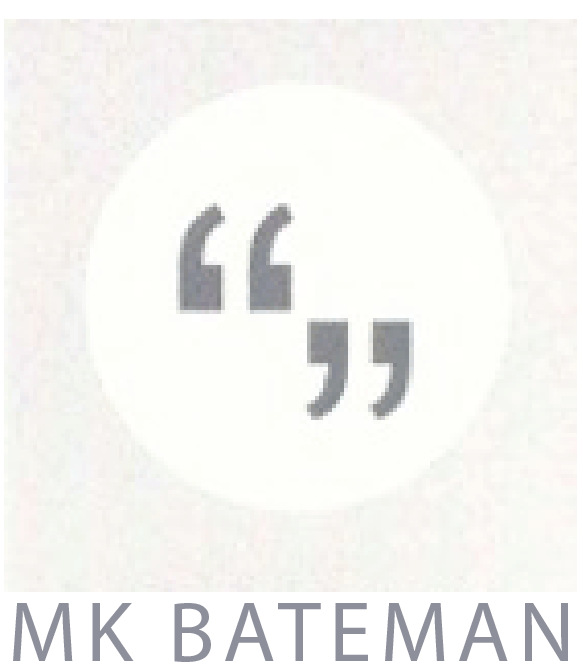Understanding Thomas: FTM Transition Required Being Seen as a Human First
Originally Published on February 20, 2017 on Prowdr,com
Celebrities like Laverne Cox, Chaz Bono and Caitlyn, have brought the transgender community into the spotlight in recent years. Despite this newfound exposure, many lesbians, gay men and bisexuals still misunderstand their transgendered brothers and sisters. The result often leads to feelings of ostracism and rejection.
In an attempt to broaden the understanding of the transgender community, I recently sat down with Thomas Page, the executive director and founder of the Transgender Rights Movement to discuss this issue. I presented him (Thomas’ preferred pronoun) with a list of questions to help expand our mutual understanding of one another. After all, you can never truly understand a person until you consider things from their point of view.
What’s the relationship between sexual identity and gender identity within the transgender community?
I used to visit schools and organizations to educate them about the transgender community. This was always the number one question. As a transgender person, I see gender identity and sexual identity as completely different issues. Gender is what’s between your ears, sex is what’s between your legs, and sexual orientation is just how you feel.
What is so beautiful about our (trans) community is that we represent all aspects of humanity: every religion, every sexuality, and every racial classification. There are transgender people who are straight – I’m a straight transgender guy – I date women. There are a lot of trans people who are bisexual, lesbian and gay. We cross the entire spectrum of sexuality within our own identity.
It’s reasonable that some within the LGBT community would be less inclusive of trans people, since they don’t question their own genders. If I’m a guy and I date women, someone is going to see me as a lesbian. I actually have had people call me a lesbian even after transitioning. I’m not a lesbian I’m a straight man. That’s something that people have a hard time with. However, we really do mesh with the lesbian, bi and gay communities.
At one point the world around you, perceived you as female, but now it knows you as a male. What perspective has this given you about the way gender plays out in our society?
When we are children, the first thing society does to us is divide the boys from the girls. It’s more acceptable for boys to hang out with other boys and for girls to hang out with other girls. There is not much of a mix. Boy Scouts and Girl Scouts are perfect examples of this.
What ends up happening is that girls talk about this over here, and the boys talk about that over there. They don’t actually talk to each other. The only time they truly interact is when they’re doing the biological thing of finding someone they want to be with. Then, they begin to see the other perspective. Of course, if you are raised in a very mixed family of men and women, then you get to see more. It’s still separate, though.
Men seem to be raised to believe that locker room talk among each other is a completely normal thing. It’s just what guys do. It’s so normalized that people don’t even question if it’s wrong or not. I know I’ve been pressured to laugh at lewd jokes about women and I think a lot of guys feel pressured, too.
What were some of the surprising effects of hormones?
I was 21 when I first started on hormones. I couldn’t believe what the first couple years of hormones were like. I’m Female to Male (FTM) and I actually began to understand what it was like to be a 12-year-old boy. Suddenly, I got zits, my libido increased, my voice cracked, and my body redistributed fat and muscle in different ways. My face shape even changed.
One of the reasons I advocate for hormones with young trans women (MTF) is once males hit puberty their bodies change in ways that can’t really be reversed without surgeries.
As a transgender person, what resources did you wish were more available?
I wish we had more access to counseling for trans children. By the age of five, every kid knows what their gender identity is. When I was a little kid, if you put me in a dress, I wouldn’t talk. They were making me cross dress and I wasn’t cool with that. Children don’t need to take the step of starting hormones; they just need someone to talk to. They just need someone to say: “you’re not alone.”
What do you think is the biggest misconception of trans people within the LGBTQ community?
One of the hardest things about being a Progressive and working in the LBGTQ community is that we don’t always see each other for who we really are. We make assumptions and label people based on what we understand.
I have never thought of myself as a lesbian at any point, but people have always assumed I was a lesbian. My sexual identity has never changed.
What ends up happening is that people will call butch lesbians trans people and call trans guys butch lesbians. It pisses both groups off. There is an unspoken anger between the two communities over the confusion. We need to see all people as human beings first.
